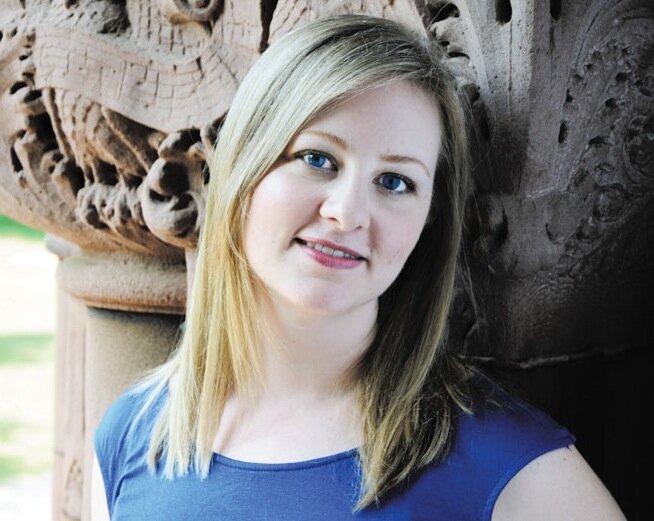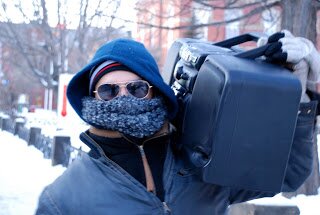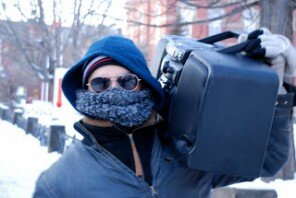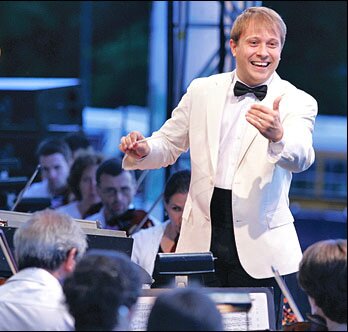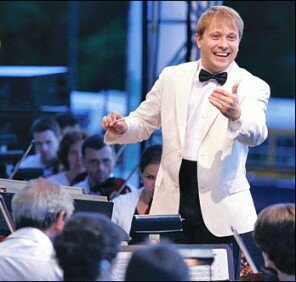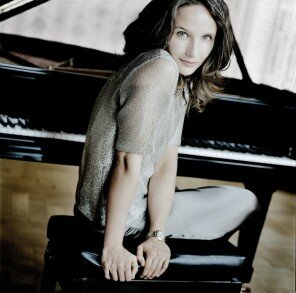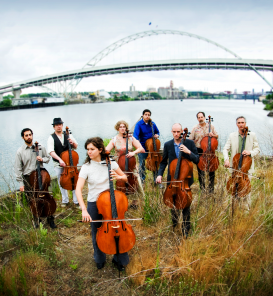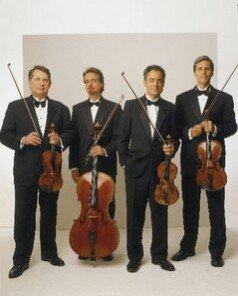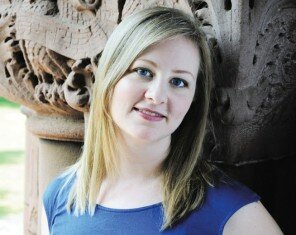
I wasn’t the only person to think an evening of Bach cantatas with four super soloists would be something not to miss. The Early Music Guild virtually sold out of this concert, performed by Seattle Baroque Orchestra Saturday night at Town Hall. (The group returns with Haydn on March 23, 2013.)
I hope most of the audience didn’t neglect to read co-director Byron Schenkman’s thoughtful notes on the three cantatas in the main brochure. They enhanced the listening, giving background and understanding of some of Bach’s reasoning, and indicating moments to listen for.
The first two cantatas, Nos. 105, “Herr, gehe nicht ins Gericht mit deinem Knecht,” (“Lord, do not pass judgment on Your servant”) and 155, “Mein Gott, wie lang, ach lange?” (“My God, how long, ah, how long?”) are both ones of dichotomy, No. 105 the struggle between wrong and right, No. 155 between sorrow and joy, the contrasts vividly portrayed in the music.
No. 134, “Ein Herz, das seinen Jesum lebend weiss” (“A heart that knows its Jesus is living”) is upbeat all the way through, and was preceded in the program by just one aria from Cantata 170, “Vergnuegte Ruh,” (Delightful rest”) a lullaby of harmony.in music and emotion.
Four excellent soloists joined the orchestra led by Ingrid Matthews, though their voices, particularly soprano Clara Rottsolk (perhaps because her voice reached the highest register), seemed almost too big for Town Hall. Maybe St. James Cathedral next time? Alto Jennifer Lane, tenor Rufus Müller, and baritone Jesse Blumberg as well as Rottsolk, sounded well-matched and the orchestra of 16 had no trouble balancing them.
The rich, sound of Baroque voices and instruments filled Town Hall with warmth and all sorts of nuance, with many unforgettable moments. The plangent oboes of Debra Nagy and Curtis Foster and the bassoon of Anna Marsh gave an added timbral dimension.
Lengthy recitatives sung by Blumberg in both Nos. 105 and 155 sounded as though he was speaking solely to you, so expressive were they. In the former, violins and violas used bows, while cello, theorbo and double bass were plucked in accompaniment, creating an unusual and enhancing effect.
With her agile voice, Rottsolk made the most of her lilting, upbeat aria in No. 155, tricky to sing with a fast vocal line all over the register. For several recitatives and arias, both in No. 155 and for almost all of No. 134, Bach joins alto and tenor together in duet. Lane and Mueller sounded absolutely right together, their voices expressively blending and moving apart with the music, the accompaniment for this cantata including viola da gamba, here played by Margriet Tindemans.
